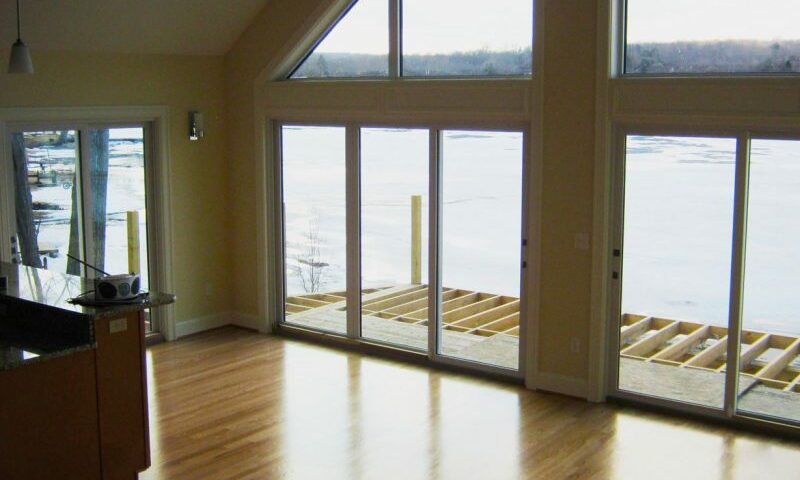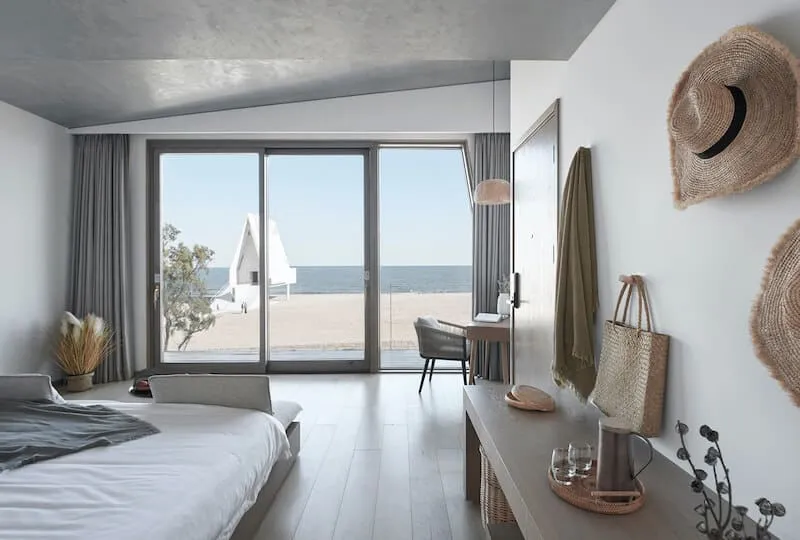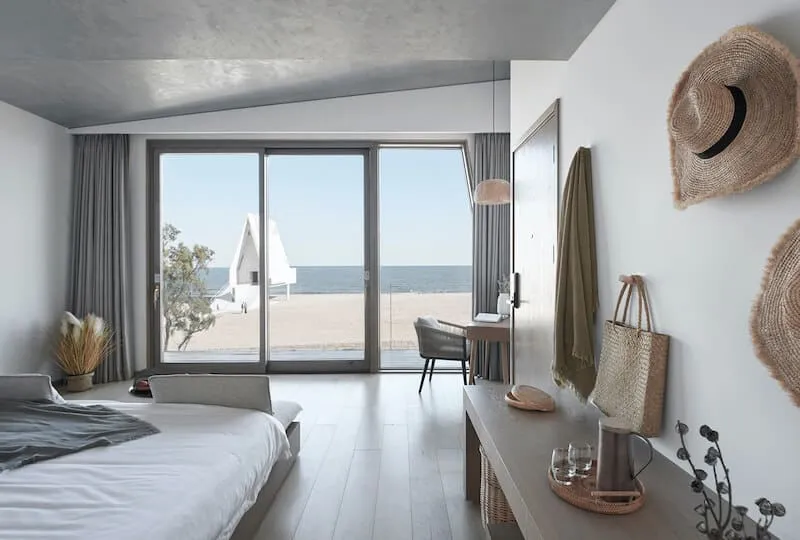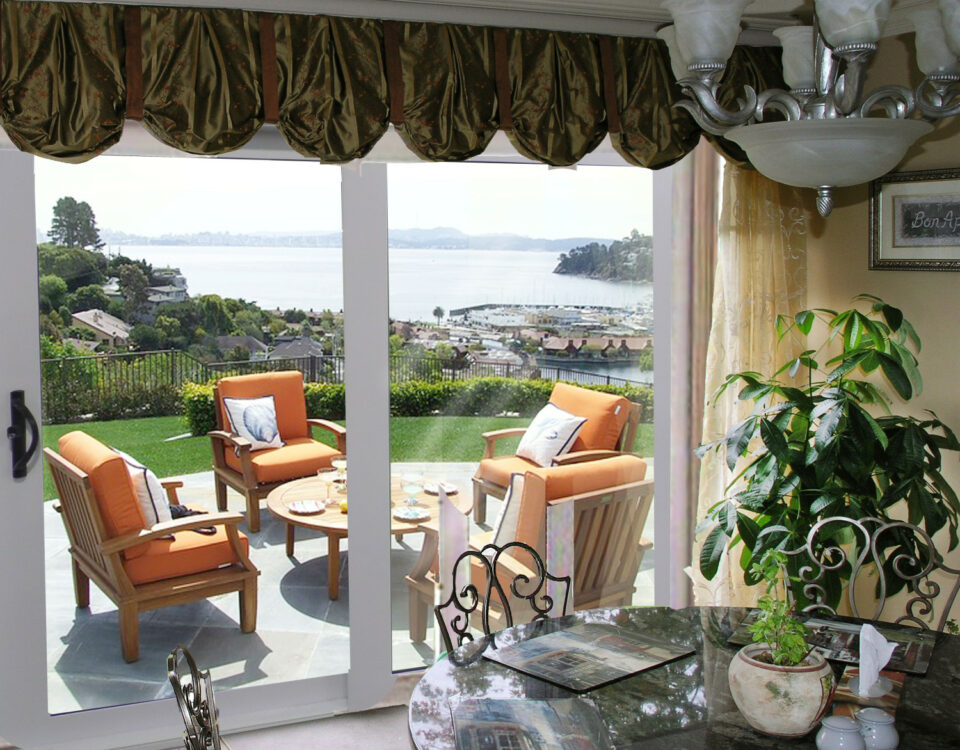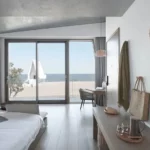
Comparing Energy Efficiency of Fiberglass Doors with Other Door Types
September 4, 2024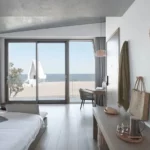
Why Fiberglass Doors Are Known for Their Exceptional Durability
September 5, 2024Fiberglass doors have increasingly become a popular choice among homeowners and builders alike, primarily due to their impressive durability and longevity. In a market filled with various door materials, fiberglass doors stand out for their ability to withstand the elements and maintain their appearance over time. But what exactly contributes to the durability and long-lasting nature of fiberglass doors? This article takes a comprehensive look at what makes fiberglass doors a superior option for those seeking a resilient and enduring entryway.
The Unique Construction of Fiberglass Doors
The durability of fiberglass doors starts with their unique construction. These doors are made from a composite material that consists of fine glass fibers embedded in a resin matrix. This combination results in a material that is incredibly strong and resistant to various types of damage. Unlike wood, which can warp, crack, or rot, fiberglass maintains its shape and integrity regardless of environmental conditions. This resistance to environmental stressors makes fiberglass doors ideal for areas that experience extreme weather conditions, such as high humidity, intense sunlight, or heavy rainfall.
Furthermore, the surface of fiberglass doors can be molded to mimic the appearance of wood grain, offering a traditional aesthetic without the downsides associated with natural wood. This versatility allows homeowners to enjoy the look of wood without worrying about the maintenance issues that come with it. The exterior finish of fiberglass doors is also highly resistant to fading, chipping, and peeling, which further enhances their long-term durability and keeps them looking new for years to come.
How Fiberglass Doors Withstand Environmental Factors
One of the key reasons fiberglass doors are renowned for their durability is their ability to withstand various environmental factors. Traditional wooden doors, while beautiful, can be highly susceptible to moisture. They can absorb water, swell, and eventually rot, leading to costly repairs or replacements. In contrast, fiberglass doors are impervious to moisture. This water resistance ensures that the door will not swell, warp, or deteriorate even when exposed to rain or humidity.
Additionally, fiberglass doors are highly resistant to ultraviolet (UV) rays from the sun. Prolonged exposure to sunlight can cause other materials, such as wood or vinyl, to fade, crack, or become brittle. However, fiberglass doors are designed to endure UV exposure without degrading, ensuring that they retain their color and finish for an extended period. This resistance to sunlight makes fiberglass doors an excellent choice for homes located in sunny climates, where other materials might quickly show signs of wear and tear.
Fiberglass doors are also resistant to dents and scratches, which are common issues with metal doors. While steel doors can provide security and strength, they are prone to denting from impacts and may require repainting or repair to maintain their appearance. Fiberglass doors, on the other hand, offer a robust surface that can withstand everyday wear and tear, making them a durable option for busy households.
The Longevity of Fiberglass Doors Compared to Other Materials
When evaluating the longevity of door materials, fiberglass doors consistently outperform alternatives like wood, steel, and aluminum. Wooden doors, as mentioned earlier, can suffer from moisture damage, leading to warping and rot over time. Even with regular maintenance, such as painting and sealing, wooden doors may not last as long as fiberglass doors, especially in areas with high humidity or extreme temperature fluctuations.
Steel doors, while strong and secure, are not immune to rust and corrosion, particularly in coastal areas where salt air can accelerate the deterioration of metal. Although they can be insulated for energy efficiency, the outer steel surface can still succumb to environmental damage over time. Aluminum doors, too, can corrode or become pitted in salty or moist environments, necessitating frequent maintenance to preserve their appearance and functionality.
In contrast, fiberglass doors are virtually maintenance-free. They do not require regular painting, staining, or sealing to protect against the elements. Their inherent resistance to moisture, UV rays, and physical damage means they can last for decades with minimal upkeep. This longevity not only saves homeowners money on maintenance and replacement costs but also contributes to the overall sustainability of the building.
Why Fiberglass Doors Are a Wise Investment
Choosing fiberglass doors is a smart investment for any homeowner looking to balance aesthetic appeal with practicality. The combination of durability, low maintenance, and long-lasting performance makes fiberglass doors an ideal choice for entryways that see frequent use. Whether you are concerned about the impact of harsh weather, potential intruders, or simply want a door that will look great for years to come, fiberglass doors offer a reliable solution.
Moreover, fiberglass doors can be customized to suit a wide range of architectural styles and personal preferences. They can be finished in a variety of colors and textures, from smooth modern surfaces to detailed wood grain patterns that mimic the look of oak, mahogany, or cherry. This versatility ensures that fiberglass doors can complement any home design, enhancing curb appeal while providing exceptional performance.
The durability and longevity of fiberglass doors make them a standout choice for homeowners and builders alike. Their ability to resist environmental damage, coupled with their low maintenance requirements and long-lasting appearance, ensures that fiberglass doors will remain a popular option for years to come. By choosing fiberglass doors, you are investing in a product that not only enhances the beauty of your home but also provides unmatched durability and longevity.

